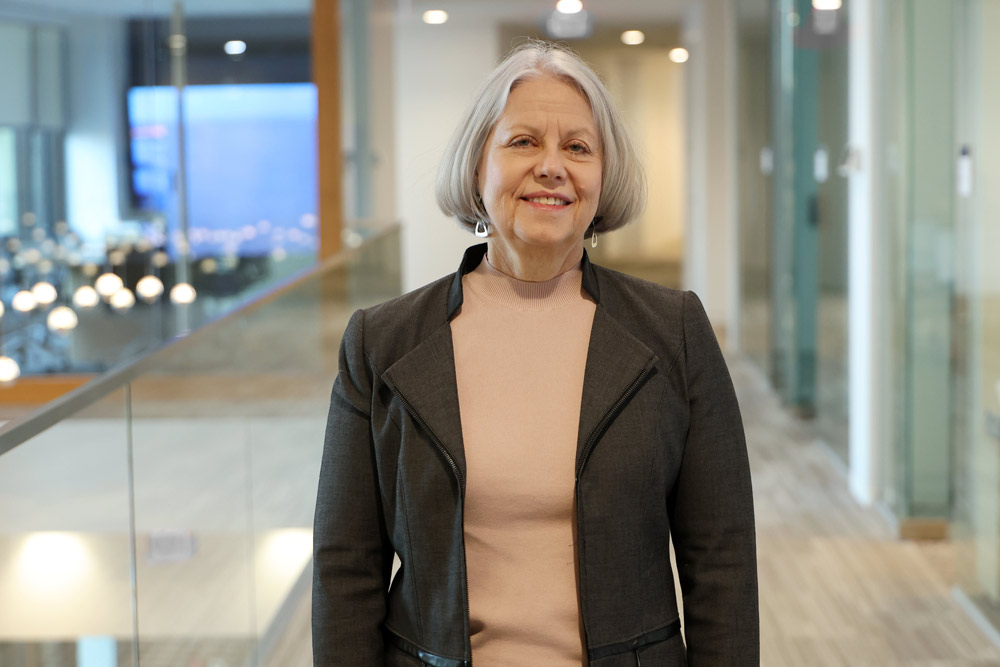The University of Virginia’s Dr. Anita Clayton has been a primary investigator for nearly every antidepressant approved in the United States since 1990.
Millions of Americans are taking antidepressants. Now know this: According to Clayton, chair of the Department of Psychiatry and Neurobehavioral Sciences in the School of Medicine, most of these people are undermedicated. And Clayton is tired of the stigma associated with mental illness.
“Stigma is a huge problem, and we need to get over it,” she said.
With early darkening skies, known to rob humans of the feel-good hormone serotonin, stretching until March 9 when daylight saving time returns, UVA Today turned to Clayton to learn how antidepressants can help people and why she says they are so underprescribed.
Q. When do doctors prescribe antidepressants?
A. Antidepressants are approved for use by the Food and Drug Administration in major depressive disorder, some of them in generalized anxiety disorder and panic disorder; also, premenstrual dysphoric disorder, and there are some antidepressants approved for postpartum depression as well.










